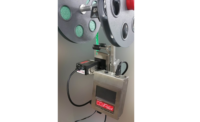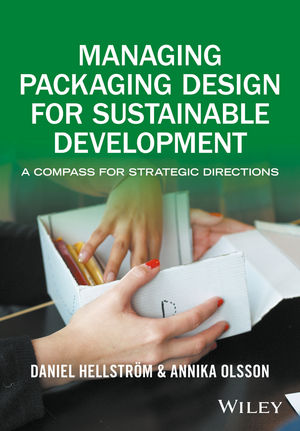Kwik Lok Unveils Sustainable Bag Closure

Kwik Lok Corporation has introduced Eco-Lok, a bag closure made with sustainable materials, the first step in the company’s drive to reduce its environmental impact. The new Eco-Lok product, used as a closure on consumer food products such as bread loaves, is formulated with a plant-based biopolymer called NuPlastiQ that requires up to 20 percent fewer greenhouse gas emissions to produce than standard plastic bag closures. Eco-Lok maintains the qualities of existing Kwik Lok plastic closures – it is printable, reusable, recyclable and metal detector compatible.
“Kwik Lok is proud to lead the way for a more sustainable future, maintaining safety and quality standards and preserving the environment for customers, employees and the planet,” said Don Carrell, CEO of Kwik Lok Corp. “Our customers are demanding more sustainable packaging solutions and Eco-Lok is a high-quality product that reduces our carbon footprint and that of our customers.”
Eco-Lok is one piece of an industry wide opportunity for responsible environmental stewardship. The proprietary technology from BioLogiQ used to make Eco-Lok converts plant-based carbohydrates, such as corn and potatoes, into the NuPlastiQ material that is manufactured into Eco-Lok bag closures. Using a 100 percent natural, renewably sourced plant-based resin that requires less fuel to manufacture than traditional plastics, NuPlastiQ helps reduce greenhouse gas emissions and overall material use. Eco-Lok closures require the use of up to 20 percent fewer fossil fuels in manufacturing than Kwik Lok plastic bag closures.
“With the launch of Eco-Lok, Kwik Lok is unveiling the next phase of our pledge to provide the best possible closure systems while reducing our environmental impact,” Carrell said. “Kwik Lok is committed to protecting people and the planet with our evolving business practices and is working to reduce our portfolio-wide energy usage by 20 percent by 2025.” The company’s recent Corporate Sustainability Report detailed Kwik Lok’s mission to unlock opportunity, improve well-being, protect resources and foster innovation.
Looking for a reprint of this article?
From high-res PDFs to custom plaques, order your copy today!








